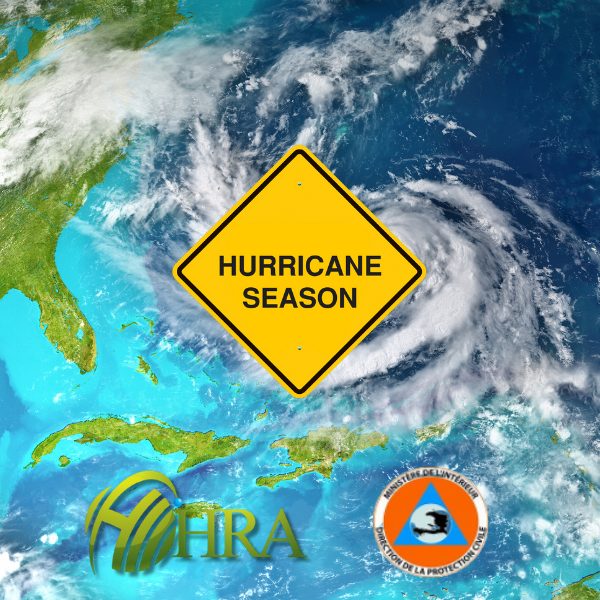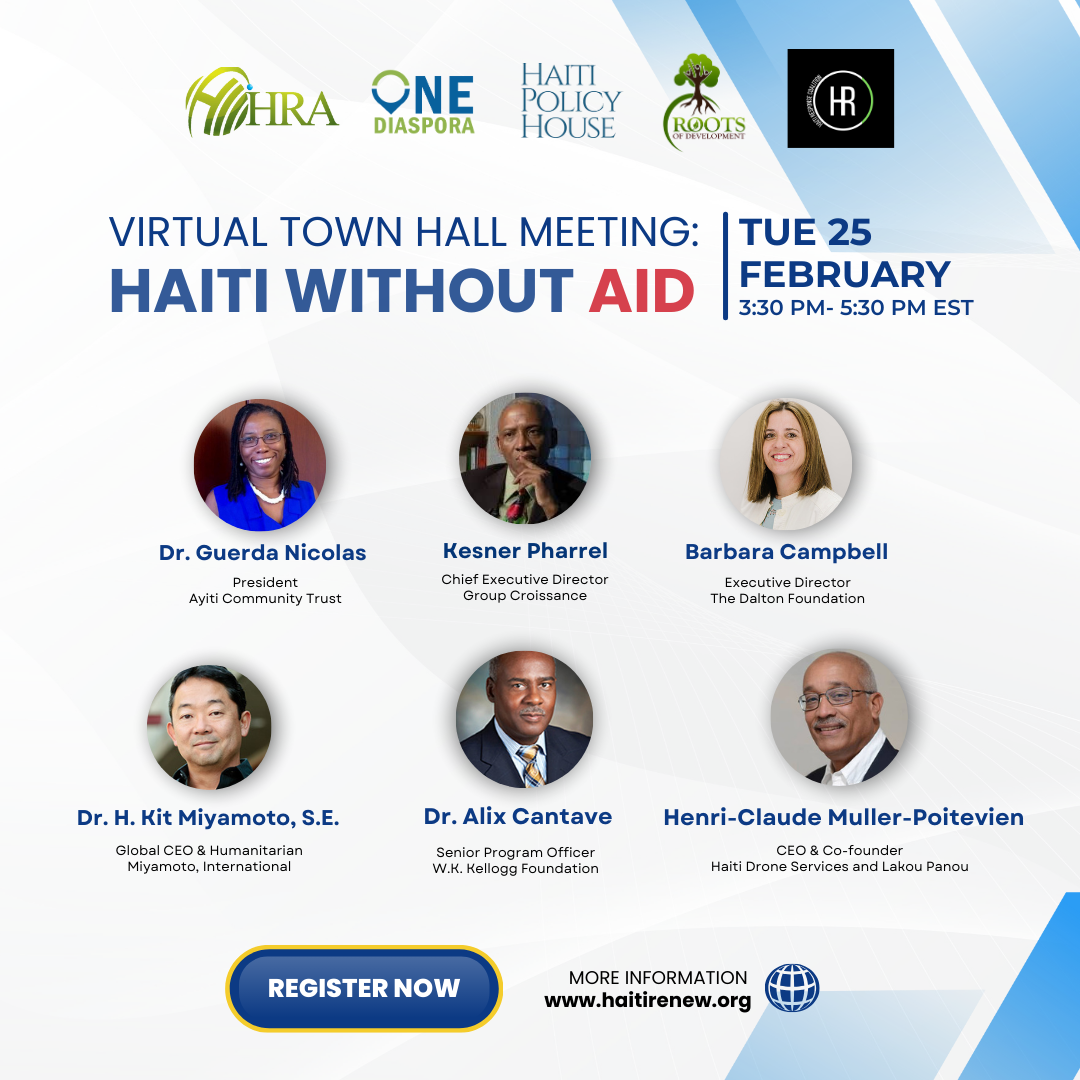Thursday, 12-May-2022 – Thursday, 12-May-2022 Europe/Zurich
While diaspora actors have consistently contributed to humanitarian response efforts in their respective Countries of Origin (CoOs) in various ways (e.g. enhancing knowledge, local connections, and speed of intervention to name a few), the majority of such engagement has been traditionally ad hoc . Over the last few years a process of developing and utilizing more structured and coordinated processes has been undertaken by institutional humanitarian actors in conjunction with diasporas organizations active in humanitarian assistance. This effort has led to the development of a Framework for Diaspora Engagement in Humanitarian Assistance, drafted through a number of multi-stakeholder consultative processes, research, and piloting in Haiti and the Philippines. This session will showcase the Framework and how the innovative nature of the Framework suggests functions, pathways, and entry points for more effective and proactive opportunities for diaspora actors and Institutional Humanitarian Actors to coordinate, communicate and cooperate with one another.
Attendees of this briefing will hear from the International Organization for Migration (IOM), Haiti Renewal Alliance (HRA), and partner diaspora organizations about the importance of diaspora’s role in Humanitarian Assistance, sharing lessons learned, tools developed, and case studies from their projects seeking to support and formalize both diasporas’ internal processes (e.g. capacity building/mobilization techniques) and coordination with humanitarian actors. It is expected that those in attendance will come away from the session with a deeper understanding of opportunities and pathways for coordination and broader network of resources and connections to create larger and more sustainable impact to communities affected by disasters.
Overall scope of this session will be to promote mechanisms for strengthening the engagement of diaspora in humanitarian assistance by:
- Sharing the Framework for Diaspora engagement in Humanitarian Assistance and explaining who can benefit, when and where it is applicable, and how it provides for more collaborative and effective humanitarian assistance, with mention to how improving diaspora internal coordination can facilitate stronger external relationships.
- Present a few concrete case studies where this Framework was successfully piloted.
- Outline the processes, functions, and entry points (e.g. facilitating platforms) of the framework and discussing how they have been utilized in context specific pilots (e.g. the Philippines and Filipino diaspora pilot)
- Exploring concrete tools and platforms developed (e.g. SoPs, SMS campaigns) to facilitate the use and usefulness of the Framework.





